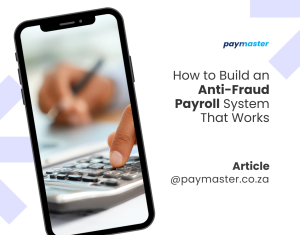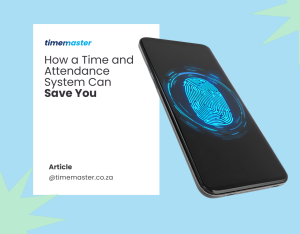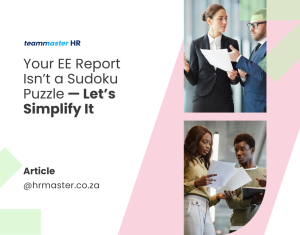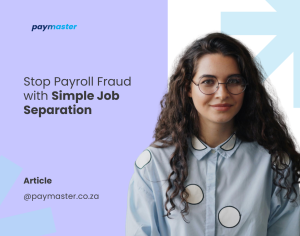Provisional tax isn’t a separate tax, but rather a system that allows you to pay your income tax in advance. It’s designed to help SARS (the South African Revenue Service) estimate your tax liability more accurately and to make your year-end tax reconciliation a lot smoother. If you run a small business or earn income that doesn’t have PAYE (Pay As You Earn) deducted—such as freelance fees, consulting income, or rental earnings—you may need to register as a provisional taxpayer.

1. Who Needs to Pay Provisional Tax?
If you’re a sole proprietor, freelancer, or small business owner who doesn’t earn a regular salary, then provisional tax probably applies to you. This is especially important if a large part of your income doesn’t have PAYE (Pay As You Earn) deducted.
Here’s what to do:
- First, check your income: If more than R30,000 of your yearly income isn’t taxed through PAYE, you might need to register as a provisional taxpayer.
- Next, register early: You can do this easily on SARS eFiling or with the help of a registered tax practitioner.
- Finally, keep clear records: Track your income and expenses throughout the year. This will help you make accurate estimates when it’s time to complete your IRP6 form.

2. When Are Provisional Tax Payments Due?
Provisional tax is paid in advance across two main periods during the tax year, with an optional third payment if you underpaid.
Key Dates:
- First payment: Submit your IRP6 and make your first payment by 31 August 2025.
- Second payment: Your second IRP6 is due by 28 February 2026.
- Optional third payment: If your earlier estimates fell short, you can make a final top-up payment by 30 September 2026 to avoid penalties.
Action Points:
- Mark these dates on your calendar.
- Use accounting tools or reminders to ensure submissions and payments are made on time.
- If you’re unsure, consult a tax professional to guide you through each deadline.

3. How to Calculate Your Provisional Tax
If you’re a sole proprietor, freelancer, or small business owner without a fixed monthly salary, you likely need to pay provisional tax. This applies especially if you earn income that doesn’t go through PAYE (Pay As You Earn) deductions.
Take these steps to stay compliant:
- Check your income: If you earn more than R30,000 that isn’t taxed through PAYE, you qualify as a provisional taxpayer.
- Register early: Go to SARS eFiling or ask a registered tax practitioner to help you register.
- Track your finances: Keep detailed records of your income and expenses throughout the year. These records help you calculate your taxable income accurately when you submit your IRP6.

4. Why it is Is Beneficial
While it may feel like an extra chore, provisional tax actually offers several advantages for small business owners.
Action Points:
- Avoid big surprises: Paying in advance means you won’t face a massive tax bill at the end of the year.
- Manage cash flow: You can set aside funds monthly in a dedicated tax savings account to earn some interest and ensure you’re always ready.
- Stay compliant: Submitting on time helps you avoid penalties, interest, and stress when tax season rolls around.
Final Tip:
Start preparing now. Review your income sources, register early if you qualify, and create a strategy to manage provisional tax without stress. If you’re unsure about your tax status, working with a registered tax practitioner can give you peace of mind and help you stay compliant year-round.





